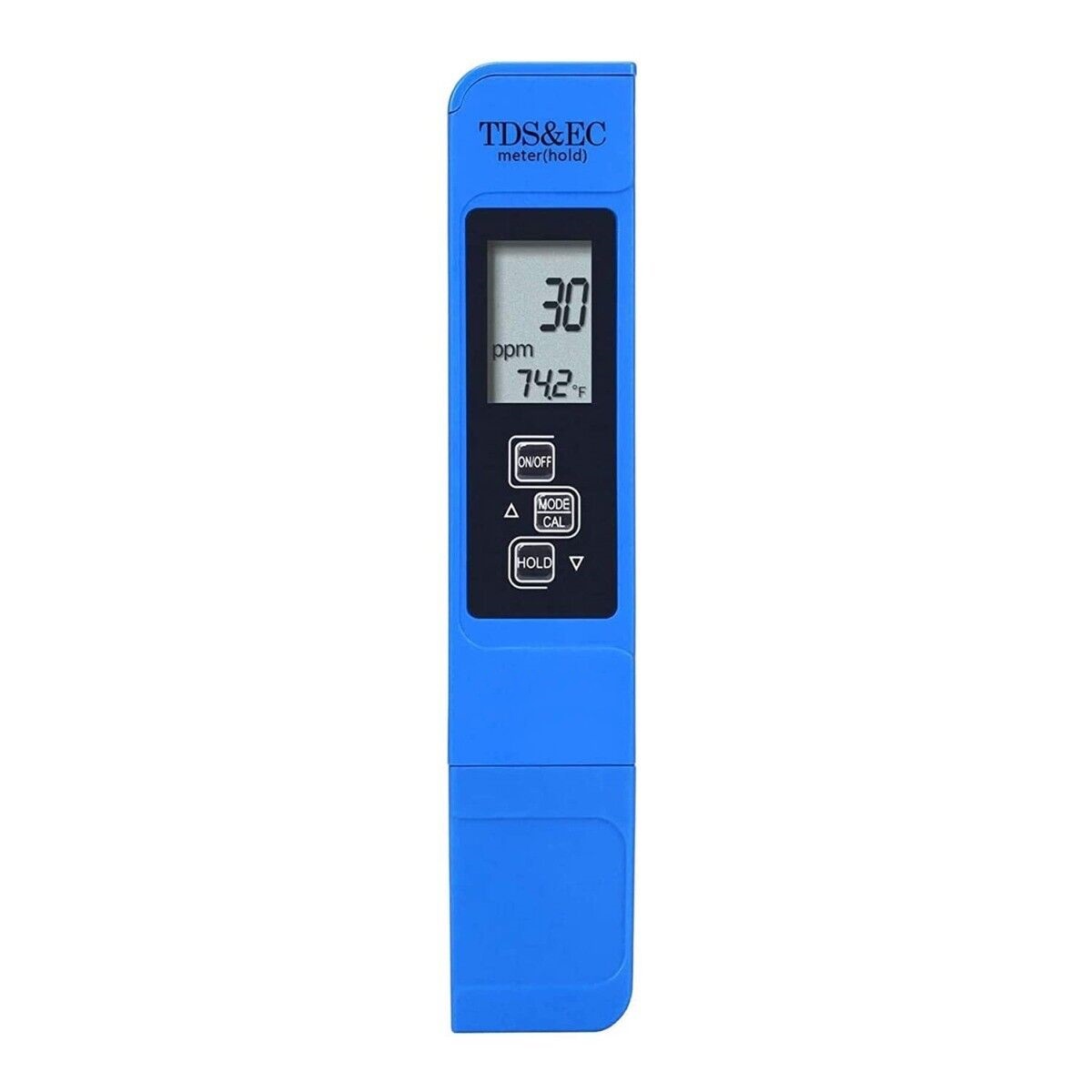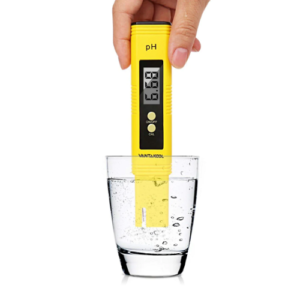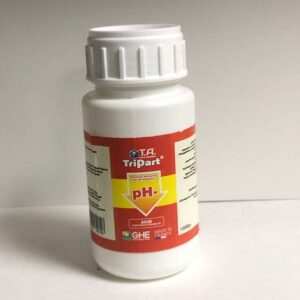A TDS (Total Dissolved Solids) meter is indeed a small, portable device commonly employed to measure the concentration of dissolved solids in a solution, typically water. The rationale behind TDS measurement is that dissolved ionized solids, like salts and minerals, augment the conductivity of a solution. There fore, a TDS meter gauges the electrical conductivity of the solution and extrapolates the TDS value from that measurement.
In essence, the meter provides a quick and convenient way to assess the overall quality of water by quantifying the amount of dissolved substances in it. This is particularly relevant in various applications, including but not limited to assessing water quality for drinking, agricultural use, aquaculture, hydroponics, and industrial processes.
Users can interpret TDS readings to gauge the purity of water; lower TDS values generally indicate purer water, while higher values suggest a greater concentration of dissolved solids. Regular monitoring of TDS levels is crucial for ensuring that water meets the required standards for specific applications.







Reviews
There are no reviews yet.